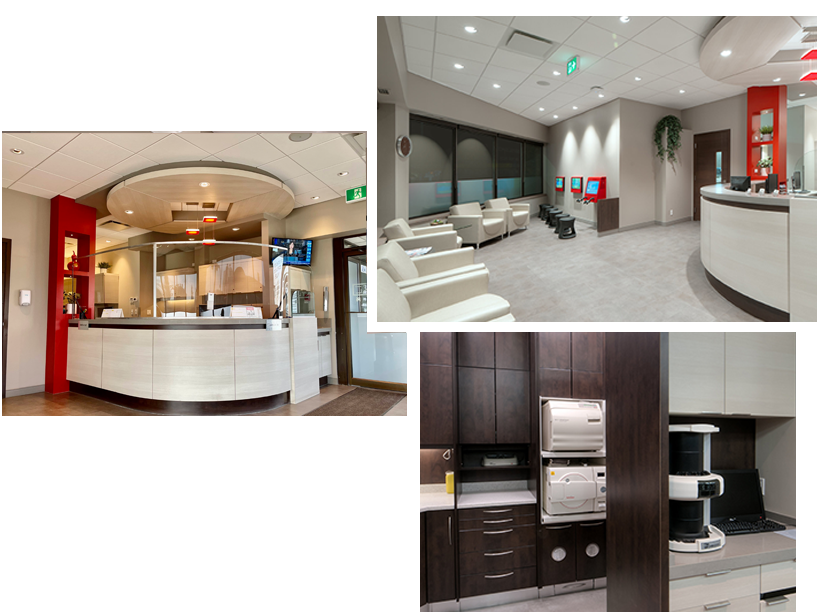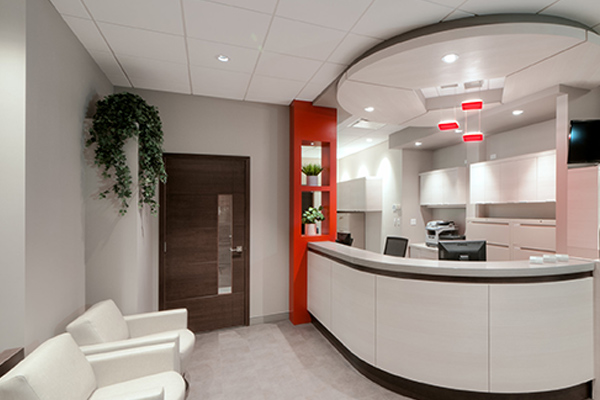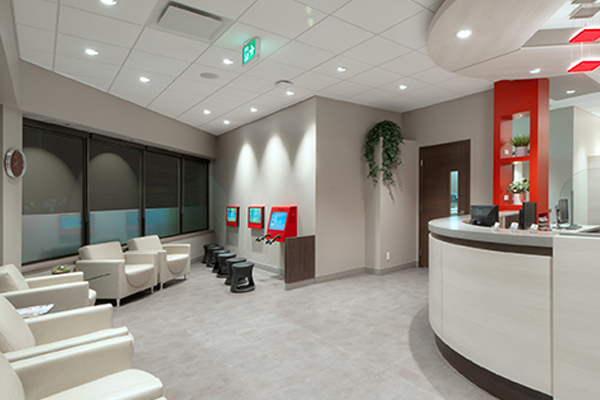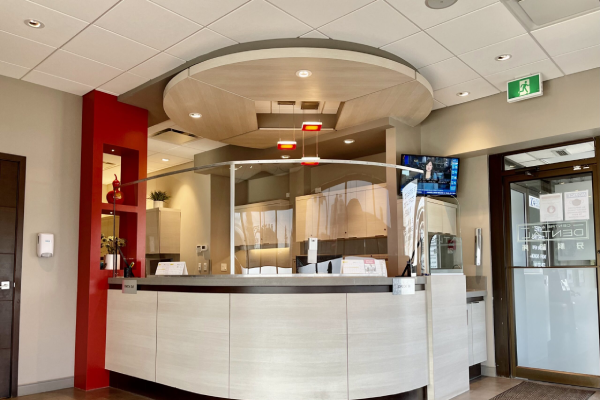We Are Your Dedicated

ACCEPTING NEW PATIENTS

Convenient Location

Flexible Hours

Hello and welcome to our local dental clinic in Calgary! At Centre and 12th Dental, we strive to deliver a positive, effective experience to all our patients. Whether you’re coming to see us for the first time or you’ve been here before, our staff is excited to work with you and help you achieve all your oral health goals. A range of treatments are available to you, and depending on your needs and preferences, we’ll work with you to ensure that your smile receives the care it needs.
If you’re interested in learning more about our services, you’re invited to schedule a consultation with our dental clinic near you. You can do so by giving us a call, filling out the online appointment request form, or stopping by our physical clinic – whatever is the most convenient for you.
Your smile matters, and so does your well-being. We are excited to collaborate with you on your health journey!


Tom was born and raised in Northern Alberta, and completed his degree in Dental Surgery at the University of Alberta in 2000. He then completed a year of residency training at the U of A hospital, gaining invaluable experience with complex and challenging cases. Dr. Pecek is continually furthering his education in dentistry by attending numerous courses annually. His combination of experience, compassion, and integrity makes visiting the dentist as comfortable as possible. Tom is happy to listen to the questions and concerns of his patients, and to develop solutions together with them. In his leisure time, Tom enjoys escaping to the mountains or doing odd jobs around the house. He is married and has 2 children who keep him active and busy.

Dr. Carol Yeung obtained a Biological Sciences degree in 2004 from the University of Alberta with honors, and graduated from the University of Alberta in 2008 with her Doctor of Dental Surgery degree. She believes in providing care that is gentle, compassionate and conservative while being of the greatest benefit to her patients. While Dr. Yeung enjoys attending to patients of all ages, she especially enjoys spending time with children for their first dental visit and to introduce the importance of dental care to them in a child-friendly manner, so as to minimize risks of anxiety towards dental care as the child grows up. She believes that patient education is key for patients to play an active role in the treatment planning process, and will spend the time to help them come to an informed decision regarding their dental health. Dr. Yeung strives to provide up-to-date care techniques and standards by attending continuing education courses throughout the year. She is fluent in both Cantonese and English, but as of now, Mandarin provides a challenge; one that she intends to take on in order to better provide her patients with informed care. Her favourite pastimes include cooking, enjoying foods, spending time with her Corgi puppy, reading, listening to music and painting. She is also an avid Flames fan!

Dr. Winnie Ng grew up in Vancouver where she graduated from University of British Columbia with a Bachelor of Science in Pharmacy. She then decided to follow her childhood passion for dentistry at McGill University Dental School. After completing dental school, she further enhanced her skills by completing a one year General Practice Residency at the Veterans Hospital and Community Medical Center in Fresno, California. During her training, Dr. Ng provided dental treatment to special needs patients and participated in “Give Kids a Smile” for underserved children.

We are a full-service, family-friendly dental office. Each member of our staff is exceptionally skilled and will do all they can to ensure you remain comfortable while in the dentist’s chair. From simple preventative measures to more complex restorative services, we’ve got it all. Your treatment will be customized to your requirements, ensuring long-lasting results and better dental hygiene.
If you’re looking to schedule an appointment during the workweek or on the weekend, we’re happy to help you select a day and time that suits your schedule. Please get in touch if you have any questions about treatment, emergency dental care, or dental insurance.
See you soon!
At Centre & 12th Dental, we believe in providing patients with a seamless and stress-free experience. We direct bill to insurance so you can receive the treatment you need worry-free.

You won’t have to worry about parking when you visit us. We have free parking available to ensure you can arrive to your appointment with ease.

Dental emergencies can be stressful. Our doctors are here to treat any type of dental emergency when you need it. Contact us if you or a loved one experiences a dental emergency.





